Fancy plans won’t beat the All Blacks
The simple approach the Wallabies must adopt when they tackle the All Blacks on Wednesday.
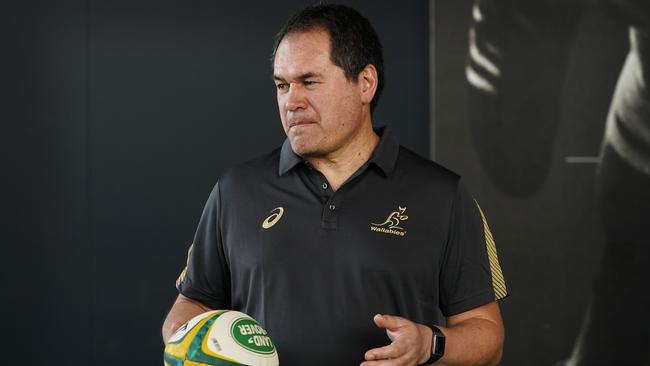
From last week’s column, reader Bruce made an instructive observation: “Unfortunately, like the Victorian government, who took its eyes off its primary responsibilities in health care and policing and decided to focus its energies primarily on being woke, Rugby Australia is headed down the same path and the same sad outcome will be played out in the years ahead. For us long-suffering Wallaby supporters, it’s going to be an excruciating train wreck in slow motion.”
Well, the last thing we want is a train wreck when Australia plays the All Blacks in Wellington this Sunday.
If buying a house is about location, location, location, then international rugby is about results, results and results. The stakes are high and rightly so. It’s heaven when we win and hell when we come up short.
Some supporters of provincial teams might buy all this nonsense around “rebuilding.” There can never be a “rebuilding” period with a national team.
The notion that the Wallabies are “rebuilding” is merely an excuse for failure. We always have phenomenal talent at our disposal. The test is how it can be moulded into a formidable national team.
I don’t know why Dave Rennie has a four-year contract. One year is enough. And if you can’t do the job in one year, perhaps you shouldn’t be there next year.
A contract should not give the coach the employment safety of saying we are building for next year. What will be done next year that can’t be done this year?
Coaching at the elite level can be unforgiving. As coaches, we know it. When I coached Australia, it was a year-by-year appointment. I never thought it should be anything else. Mind you, we weren’t paid.
Make no mistake, in pubs around Australia, the jury is out on Rennie. Is he the real deal, or was he lucky to be around when former All Black-turned successful coach Wayne Smith and SBW were at their peaks, in Waikato?
History says that Rennie tanked at the Waikato Chiefs when Smith and SBW left; he tanked in Glasgow after inheriting a title-winning team from Gregor Townsend.
So let’s be crystal clear. It doesn’t matter what the contract says, Rennie’s Wallabies must get results; and it starts on Sunday.
To start the match, I would ask the playmakers to ensure we play the first 20 minutes in the opposition half. I used to say don’t worry about points, worry about territory.
Put the ball where the referee can’t damage you.
That is, if he’s going to blow the whistle, the other lot won’t be able to kick for goal. Referees are as nervous as the players. They try to establish authority by blowing the whistle. We need to be on the right end of it.
I always believed you should not be afraid to take on the All Blacks where they thought they were strong. Their strength starts with the forward pack. Try to take an inch or two from them in the scrum. Contest the lineout and make sure yours is bulletproof.
Then identify their weaknesses. The weakness in this All Black team will be the new players. For example, they have an explosive winger in 21-year-old Caleb Clarke. He will be terrific with the ball in front of him, but he won’t be too excited if you put the ball in behind him.
We want their new coach, Ian Foster, to be anxious at halftime when he addresses his troops.
Foster can’t afford to lose his first game in charge. Remember, most All Black supporters don’t want Foster as the coach.
If we are in the hunt at halftime, we need to up the ante at the start of the second half.
That opening 10 minutes is critical. The one instruction you give them at halftime is to start again and lift.
Every player always has more to give. The coach needs to inspire them to do that giving. That’s what the halftime break is about.
With 20 minutes to go, I would encourage our players to go back to the beginning. Take territory.
Territory provides freedom for us, pressure for them. None of this is fancy.
Of course, it is all predicated on the assumption that the coach has picked the right players and has imparted the skills, the discipline and the strategy for success.
There will be chances to play with the football, which we are very good at. We have to be ready to do the dirty, the unfashionable and the tough.
The All Blacks must know by the way you play and apply yourself that you haven’t arrived in Wellington to come second. People talk about speed in attack.
The most speed we need is in defence because the only thing that can cause any damage on the football field is the football.
I’m tired of hearing statistics about “turnovers”.
How the hell could you be anything other than undisciplined or unappreciative of the value of the football if you are going to turn it over?
I see the ball go behind our backline on tactical kicks and backs stand and watch the fullback retrieve. We should be moving at a hundred miles an hour to support the fullback, or the winger, and give him attacking options.
Equally at the lineout. The other side plays the back of the line and our players at the front stand and watch. Once the ball goes over your head, you ought to move as a wall to get to where the ball is and defend it.
I remember picking the brilliant young Randwick centre/winger Matthew Burke for a Test against the All Blacks.
He was up against the great John Kirwan, now Sir John Kirwan. Kirwan was a try scoring machine.
Burke said to me: “How do I defend against him?” I said, “Matty, it’s easy. When he gets the football, make sure he gets you as well.” And if I’m to tell the complete truth, I then said: “And don’t worry if he gets you first.”
Kirwan never scored against Burke. None of this is rocket science. Big Test matches are won by executing skills under pressure and doing it better than the opposition. Fancy game plans are fools’ gold.
I coined the notion of a “KISS” method — Keep it simple stupid.
Keep it simple, execute under pressure and you will finish up in the winners’ stall.
Good luck to the Wallabies.
And congratulations to the captain Michael Hooper, who will become just the 12th Wallaby to reach the magical milestone of 100 Tests for Australia.


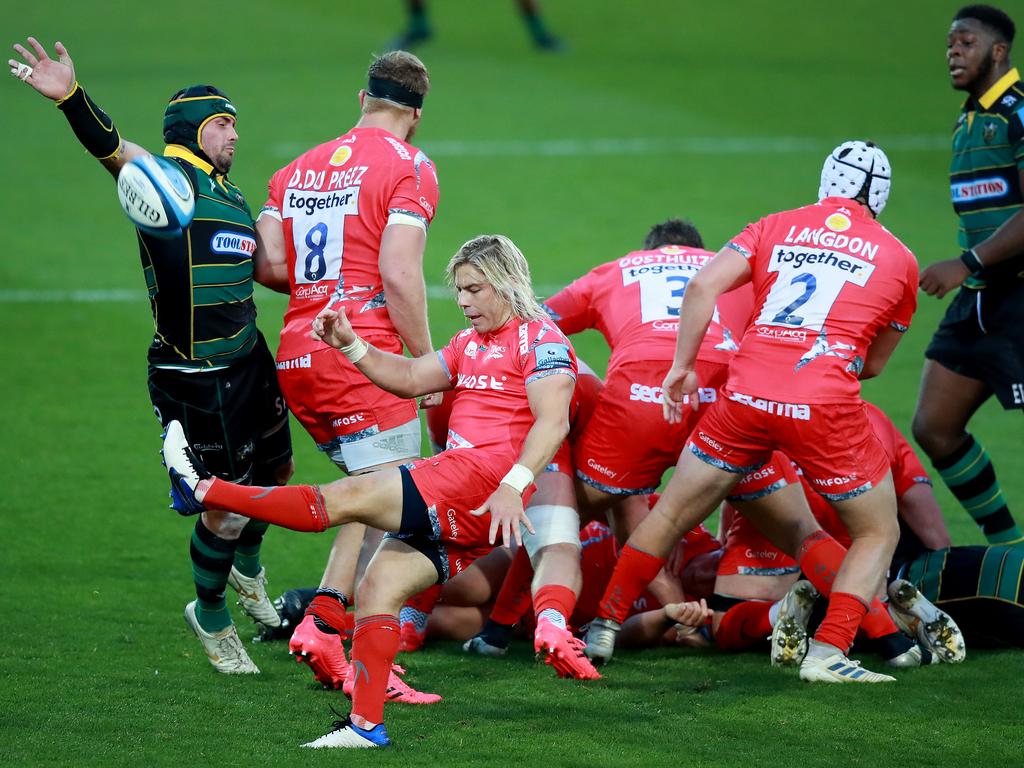
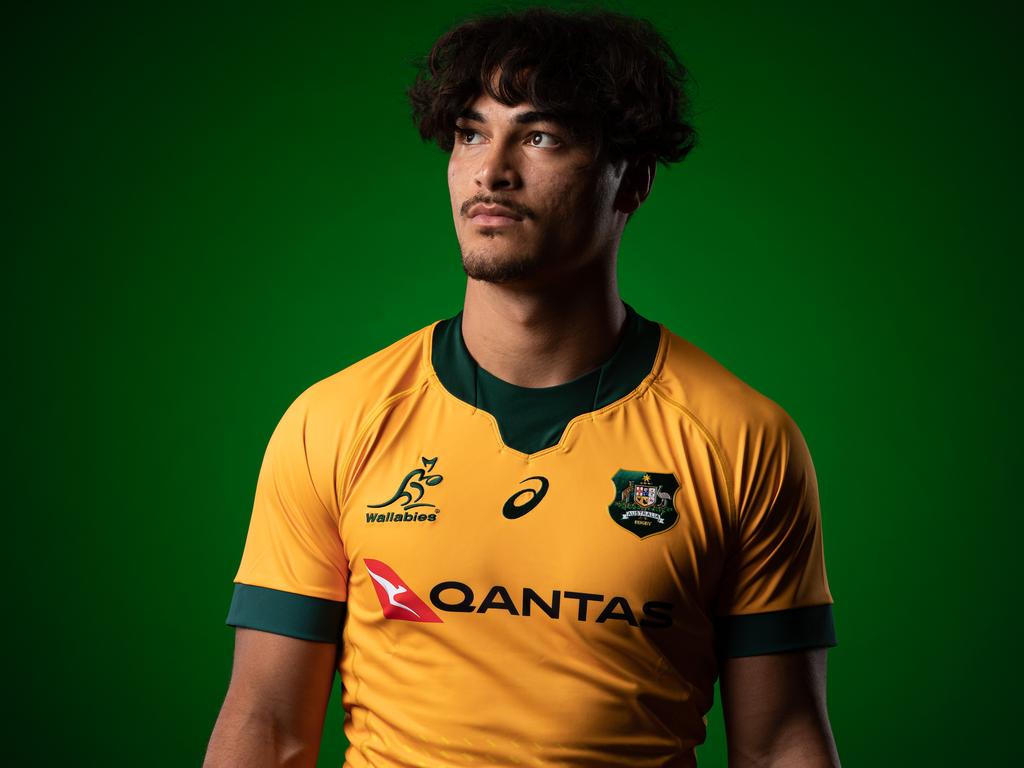

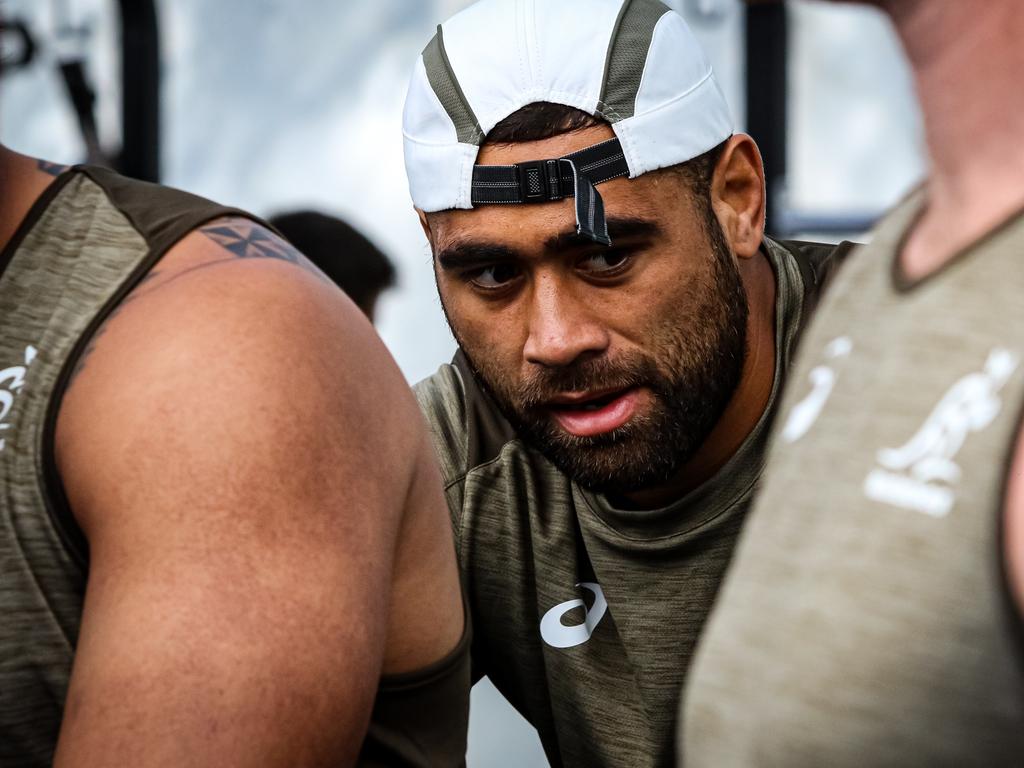

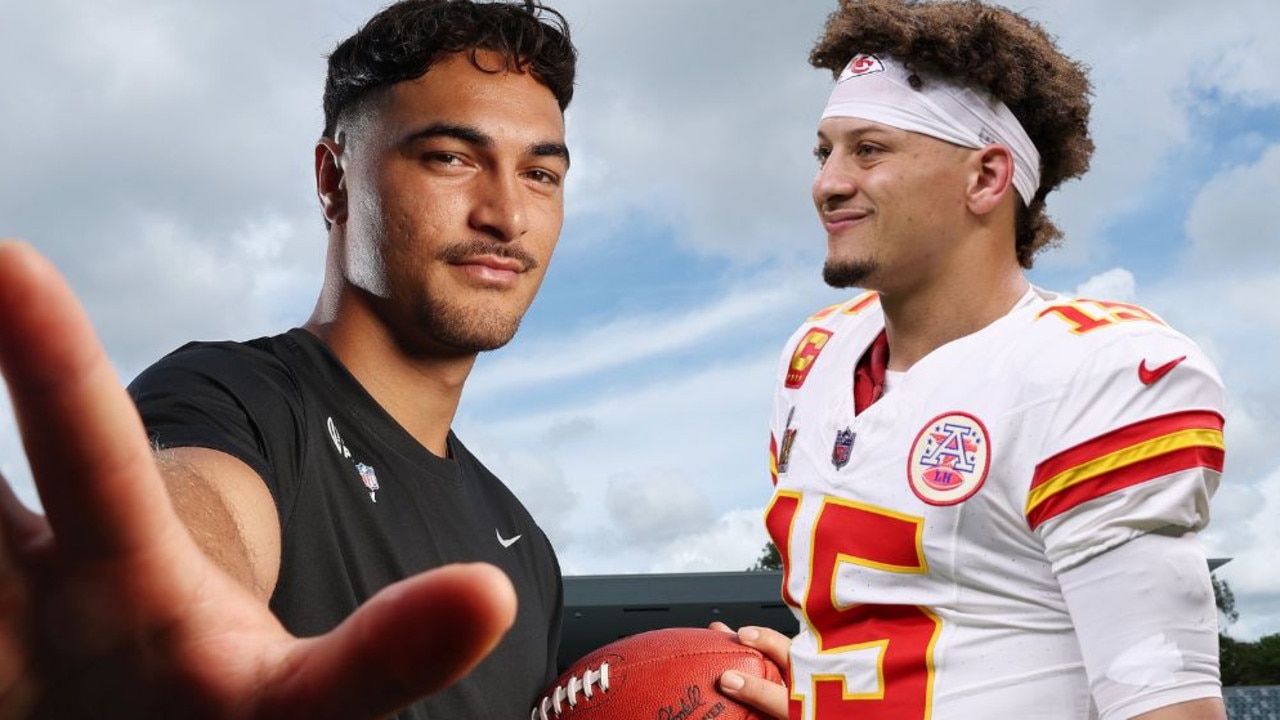
To join the conversation, please log in. Don't have an account? Register
Join the conversation, you are commenting as Logout